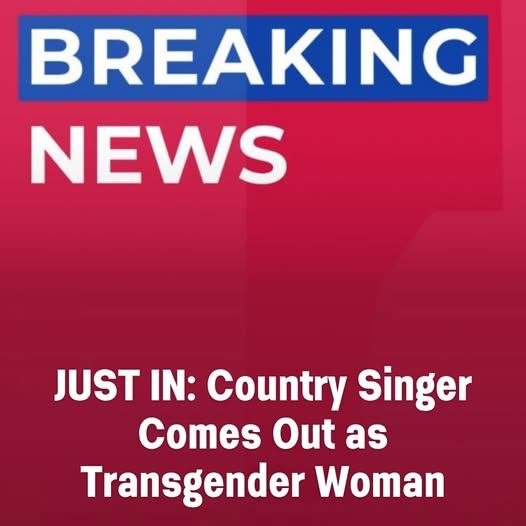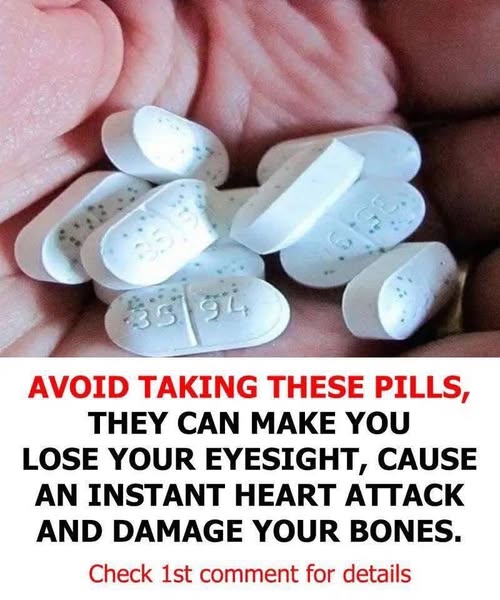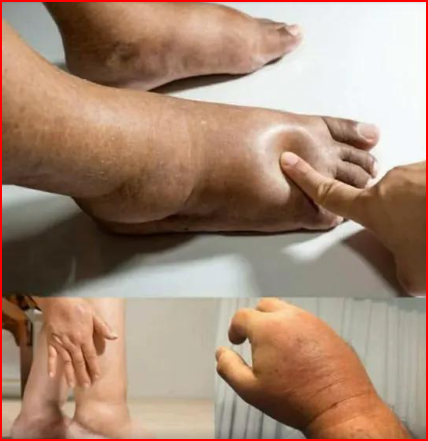I’m 46, and for nearly two years, I’ve lived in a house that feels more like a mausoleum than a home. It’s silent, except for the occasional hum of the refrigerator or the distant sound of traffic on the street outside. Two years ago, my entire life ended in a single, careless moment: a drunk driver on the wrong side of the road claimed my husband and both my children.
Mark, my husband of 18 years; Emily, my bright, spirited 14-year-old daughter; and Josh, my awkward, sweet 16-year-old son — all gone in an instant. Since that night, I’ve been moving through rooms full of echoes, of laughter that no longer exists, of ghosts that sit silently in corners, waiting for me to notice them. I don’t live anymore. I exist. Barely.
Some days, I still wonder why it affects me so deeply. I wake up, drag myself out of bed, make coffee that nobody drinks, look around at the house I once called home, and feel the weight of every absence. Before that rainy October night, life felt so simple — or at least, so complete. I thought I had everything figured out.
Mark and I met in college, and our first encounter was nothing short of disastrous, set against the unlikely backdrop of a cooking class where the simplest task — making scrambled eggs — turned into a miniature catastrophe when he accidentally set off the fire alarm, sending smoke curling into every corner of the room and causing a chain reaction of panicked students and frenzied instructors.
I laughed so hard that I almost cried, clutching my notebook for balance as tears streamed down my cheeks, and in that moment, amid chaos and alarm bells, a connection was forged — one rooted in humor, in the ability to find joy in imperfection, in a shared understanding that life was far too short to take itself seriously.
By some improbable twist of fate, that chaotic, smoke-filled room led to our first date, during which we recounted the calamity, still laughing over burnt eggs, and over the years, that laughter became the foundation of everything we built together, persistent and bright, until it was interrupted in ways we could never have foreseen.
We built a life together, a life that was both ordinary and extraordinary in its chaos:
two children, a small but vibrant house, mornings that were simultaneously frantic, beautiful, and full of joy.
Emily, my little bookworm, sparkled with intelligence and attitude, often lost in the pages of fantasy novels yet capable of lighting up a room with a single laugh, a laugh so radiant it could feel like sunlight breaking through storm clouds on the grayest of days.
Josh, lanky, awkward, and endlessly endearing, tried tirelessly to maintain an air of cool detachment, to hide the tender vulnerability he carried inside, but every Sunday morning, without fail, he asked for his chocolate chip pancakes, a request he made with a hopeful grin that melted any pretense he tried to uphold.
And Mark, with his terrible puns, gentle teasing, and endless patience, attempted — often failing, yet always with love — to maintain order in the midst of the chaos that surrounded us, the house alive with noise, clutter, and love in equal measure.
Our home smelled of burnt toast some mornings, of coffee and laundry detergent, of crayons and spilled juice, a mixture that was messy, chaotic, and entirely ours, imprinted with the echoes of laughter, argument, and affection.
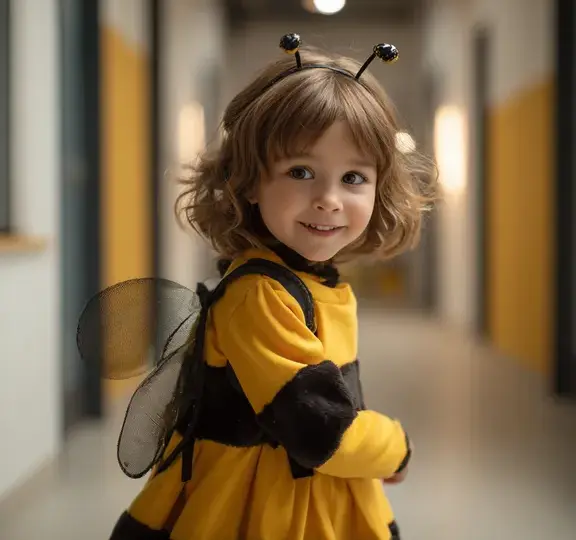
I can still see Mark sneaking up behind Emily to ruffle her hair, hear Josh rolling his eyes but grinning anyway as Mark attempted to teach him to change a tire, hear the symphony of clattering dishes and squeaky toys, the faint hum of the refrigerator, the distant sound of traffic outside our small corner of the world.
I remember the crayon marks on our kitchen table, the coffee rings I never sanded away because they were part of our story, artifacts of ordinary life that now carried extraordinary meaning.
Then came that night — rainy, dark, a night that will never leave me. Mark had decided to pick up pizza.
Emily pleaded to go with him; Josh followed, promising to select the music, a mundane argument that now seems achingly ordinary in hindsight.
I stood by the window, waving them off, my hand lingering on the glass as I murmured, “Drive safe, babe.”
Mark pressed a kiss to my forehead and whispered, “Always do,” unaware that it was the last time he would speak to me.
Twenty minutes later, faint sirens pierced the rain-drenched night, their sound almost imperceptible over the roar of water and wind.
My first thought was that someone else was having a bad night, entirely unaware that my own world had ended just three blocks away.
I returned to my laptop, typing a work email, oblivious to the calamity that had unfolded, until a knock at the door jolted me into a new reality.
It was 9:47 p.m., and my irritation at the interruption quickly melted into horror when I saw the two police officers, rain dripping from their caps, standing on the porch.
The older officer removed his hat, and the expression on his face communicated everything before a word had been spoken.
“There’s been an accident,” he said. “Your husband and children…” The words became abstract noise, incomprehensible, mechanical, cruel.
I collapsed, my knees giving way beneath me, and screamed — not my own voice, it felt alien, as though it belonged to someone else entirely.
The details of the accident followed: a drunk driver, the wrong side of the road, no time to react. But comprehension eluded me.
Three days later, I sat in the front row of the funeral, staring at three closed caskets.
Words of sympathy, memories of kindness, reflections on bright futures, all drifted past me like distant echoes underwater.
Someone held my hand, but I do not remember who, and I buried not just my family, but a part of myself alongside them.
Family games
The months that followed were a fog of grief. I avoided calls, letters, and even the simplest inquiries from kind neighbors, because the house was too big, too silent, too suffused with reminders of what had been taken from me.
I moved through my days as though on autopilot: showering, eating, transitioning from room to room, existing but not living, inhabiting a shell where grief had hollowed out every corner.
Then, one cold afternoon in late October, the numbness cracked.
I was at a bus stop downtown, waiting aimlessly, merely moving to escape the oppressive silence of home, when my eyes caught a flyer pinned to the community bulletin board:
“Halloween Costume Drive — Help Our Kids Celebrate!”
Bright-eyed children in costumes smiled up at me from the page, and something — hope, perhaps, or the faintest glimmer of possibility — shifted in my chest, a fragile, trembling crack forming in the armor of numbness I had worn for months.
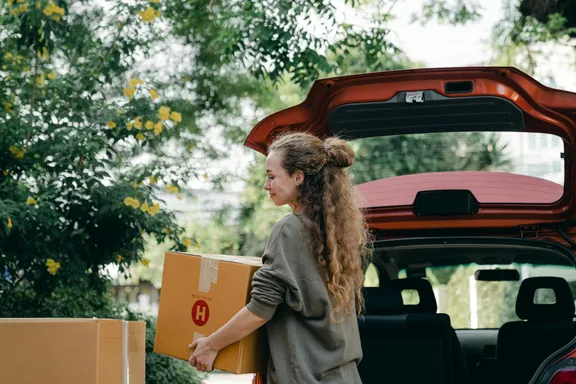
That evening, I climbed into the attic, a place I had long avoided because it was full of dust-covered boxes and the memories of a life that no longer existed.
Inside the largest box were the costumes I had sewn for Emily and Josh years ago: Emily’s bumblebee outfit, Josh’s firefighter costume, and the princess dress Emily had worn until the sequins fell off.
Best clothing retailers
I held the bumblebee costume to my chest, the faint scent of fabric softener mingling with a trace of Emily’s essence, and my hands shook uncontrollably.
“They should make other kids happy,” I whispered through tears, and the next morning, I drove to the local children’s shelter with a box of costumes in my trunk, determined to give them a new life.
But that act was only the beginning. I posted on social media, went door-to-door, and purchased additional costumes so that the children at the shelter could each experience the magic of Halloween, no matter their circumstances.
By the weekend, my car overflowed with a rainbow of possibilities, and when I arrived at the shelter, the coordinator, Sarah, told me, “You’ve made so many kids’ dreams come true.”
I almost said it wasn’t enough, but she corrected me gently: “It’s everything.” Hesitant but encouraged, I attended the Halloween party, unsure if I could face so many children alone, yet determined to participate.
That Saturday, I watched as the children ran in the costumes I had collected, their laughter ringing out like music that both healed and ached in equal measure.
And then, I saw her: a little girl in Emily’s old bumblebee costume, her wings slightly bent, antennae bobbing as she approached.
“Miss Alison?” she asked, her voice soft but insistent. “Miss Sarah said you brought us the costumes.” I knelt, and she threw herself at me, hugging me fiercely.
“Thank you! Thank you so much! I love it! I always wanted to be a bumblebee!” she exclaimed, twisting the fabric in her hands. “Maybe… maybe you’d want to be my mom?”
The room around us faded, and her words cut through grief like sunlight piercing storm clouds.
That night, I lay awake, replaying her words over and over, feeling the warmth of hope and trust seep into the deepest corners of my heart.
Slowly, I realized that love could still exist, that I could still give and receive it. By sunrise, I had made my decision, and weeks later, after paperwork, inspections, and interviews, the process was complete.
I became Mia’s mother.
She was five when she came to me, and today, at eight, she is endlessly curious, intelligent, kind, and alive in ways that make my mornings noisy again, filled with laughter, small arguments over vegetables, and scattered art supplies.
I still think of Mark, Emily, and Josh every day, but I have learned that grief and love can coexist.
Life does not erase loss; it creates room for something new, fragile and beautiful. One flyer at a bus stop, one brave little girl in a bumblebee costume, and a willingness to open my heart again showed me that.
I lost my family, yes, but I did not lose my ability to love. And as long as I can love, I can live, and in that living, I honor both what I have lost and what I have been given.

